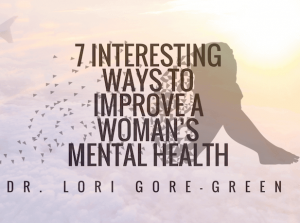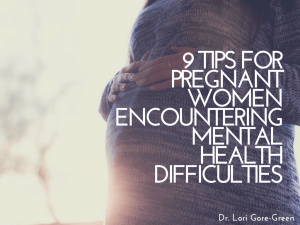Women who are pregnant must make sure they take enough vitamins and a healthy diet that balances carbohydrates, fat,s, and protein. If they don’t, the baby may take the necessary nutrients from the mother’s body and leave her without the things she needs for optimal health—folic acid is essential during pregnancy.
What is Folic Acid?
Folate is a naturally occurring B vitamin; it is known as folic acid in its generic form. It is water-soluble, which means that it must be consumed continually as the body can’t store it. Folic acid helps the body generate new healthy cells. This is why it is an essential vitamin that everyone needs. For pregnant women, folic acid plays a significant role in the healthy development of the baby.
Why Folic Acid is so Important During Pregnancy
As the baby develops in the womb, a critical part is the development of the neural tube. The neural tube is the fetus that will eventually be the brain, and the spinal cord, so the right product is critical. If the tube does not close as it develops, it results in a neural tube defect. A neural tube defect is a severe congenital disability that causes parts of the baby to not setup correctly. The most common neural tube defects are spina bifida and anencephaly. Taking folic acid helps prevent neural tube defects. Folic acid has such a high success rate at helping with babies’ development added to many baked goods, such as bread and tortillas.
How Much Folic Acid Women Should Take Daily
While trying to conceive a baby, women should take at least 400 mg of folic acid every day. After the pregnancy is confirmed, the amount should be increased to at least 600 mg per day. These vitamins should be taken in addition to eating a healthy diet.
Folic acid plays a significant role in the baby’s healthy development and the prevention of congenital disabilities. Scientists estimate that 70 percent of neural tube defects could be prevented if women took a folic acid supplement. Doing so daily can help ensure the mom is healthy and that the baby grows healthy as well.

